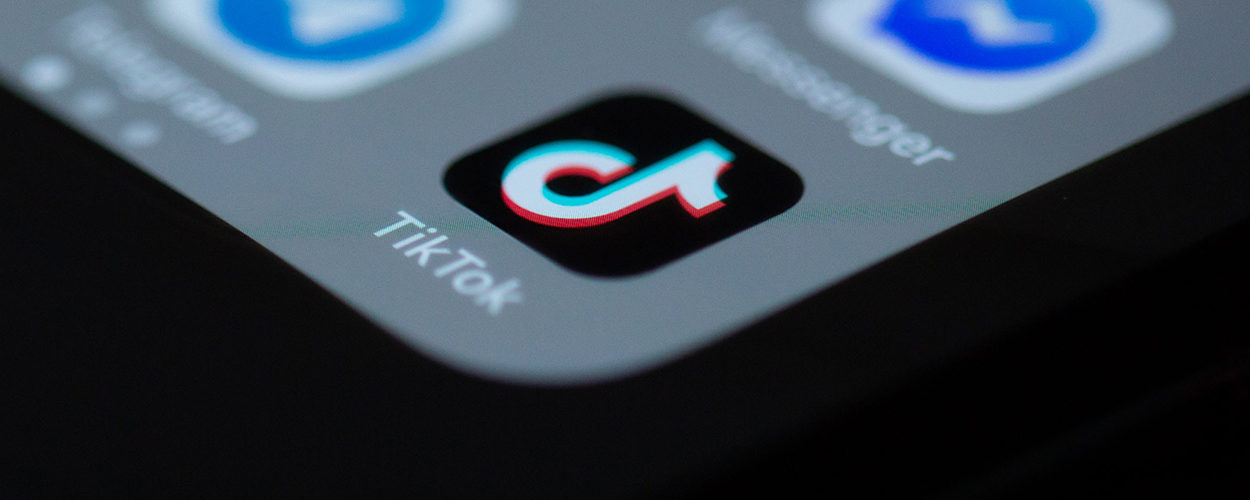This website uses cookies so that we can provide you with the best user experience possible. Cookie information is stored in your browser and performs functions such as recognising you when you return to our website and helping our team to understand which sections of the website you find most interesting and useful.
Business News Digital Legal
US Senators again criticise TikTok after distinction made between user-data and creator-data
By Chris Cooke | Published on Monday 26 June 2023

American Senators Richard Blumenthal and Marsha Blackburn last week again accused TikTok bosses of misleading US Congress regarding where the company stores its users’ data. They said that responses to questions they recently posed to the social media firm confirm that “Americans’ data is still exposed to Beijing’s draconian and pervasive spying regimes”.
Concern has been repeatedly expressed within political circles in multiple countries that the Chinese government has access to TikTok user-data via the app’s China-based owner Bytedance.
For its part, TikTok has repeatedly denied there are any data security issues on its platform, including in statements made to Congress via letters sent to law-makers and during hearings before Congressional committees.
In statements of that kind, TikTok always insists that user-data relating its American users is stored on servers based in the US and Singapore.
It then usually points to Project Texas, the name for work being done as a result of ongoing talks between TikTok and US government, work that was first initiated when former President Donald Trump tried to ban Americans from using the video-sharing app.
But in a recent letter to TikTok CEO Shou Zi Chew, Blumenthal and Blackburn cited recent media reports that suggested that at least some US user-data was, in fact, accessible from or even stored in China.
One recent article in Forbes, they noted, claimed that “for several years, TikTok has stored the sensitive financial information of US TikTok creators in China, including social security numbers and tax information”.
The Senators wanted to know how that could be, given that TikTok execs have reassured Congress that all American user-data is stored in the US and Singapore. But, TikTok explained in a response letter published by the Senators last week, that’s user-data not creator-data.
As part of Project Texas, that letter explains, it has been agreed that different rules may apply to “public data, business metrics, interoperability data, and certain creator-data, if a creator voluntarily signs up for a commercial programme to be supported by TikTok in reaching new audiences and monetising content”.
TikTok then says in its response that it “believes that the Forbes article cited in your letter was referencing certain creator-data such as signed contracts and related documents for US creators who enter into a commercial relationship with TikTok – information that is collected outside of the standard app experience”.
With that technicality employed, TikTok then insists that all the information previously provided to Congress is accurate. However, perhaps unsurprisingly, neither Blumenthal nor Blackburn are particularly happy with that response.
“We are extremely concerned that TikTok is storing Americans’ personal, private data within the reach of the Chinese government”, they said in a statement last week.
“TikTok executives appear to have repeatedly and intentionally misled Congress when answering how the company secures and protects the data of Americans. TikTok’s response makes it crystal clear that Americans’ data is still exposed to Beijing’s draconian and pervasive spying regimes – despite the claims of TikTok’s misleading public relations campaign”.





